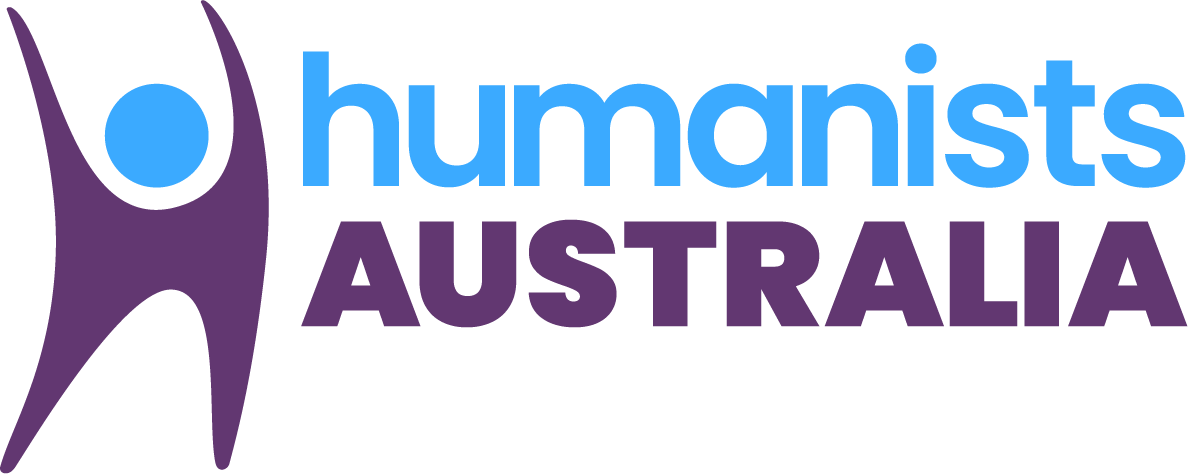Wellbeing
How do we define wellbeing? In a nutshell, it can be defined as simply as sustaining quality of life through physical, mental, emotional, and social health. Now, this way of defining wellbeing could seem a little simplistic, but it does point us towards key aspects of our day to day experiences that contribute holistically to our wellbeing.
Source: Simply Psychology 2024
If we take into account Maslow’s classic Theory of Motivation and its associated Hierarchy of Needs, we can dig a little deeper.
Maslow proposed that human beings are motivated by a hierarchy of needs, with those at the lowest levels requiring satisfaction before a human being strives to satisfy the need at the next level up. With later research, Maslow's model was modified to reflect the finding that the levels overlap to some extent. In reality, people pursue satisfaction at the higher levels before having their needs at the lower levels completely satisfied.
And, in his very own words, to identify how...
“Meeting one need only makes room for another.” ~ Abraham Maslow
Other theories and definitions of wellbeing have developed in diverse ways since Maslow’s days. Some valuable contributions can be found via the Australian based Project 18 and the Global Wellness Institute.
What they have in common is recognition of the complex interplay of physical, mental, emotional, and social factors as well as environmental factors that influence and impact on health and wellbeing in an holistic way.
Maslow’s multifaceted characterisation helps us identify the human motivation in seeking love, compassion, connection, belonging, and moral and ethical guidance in meaningful interactions with others as essential to wellbeing. It is also useful in exemplifying the potential for human growth and beyond basic survival needs.
This is why HA has implemented the Wellbeing program. We seek to ensure those of us without religious faith have access to the appropriate social, community and institutional supports in order to meet these needs and enhance our potential in line with our values and worldview.
Where are we at with the provision of wellbeing care in Australia?
How consistent is the provision of wellbeing care with diversity of worldviews in contemporary Australia?
The 2021 Census results show 38.9% of Australians identify as having ‘No Religion’, that is, no religious affiliation. This consists of people who live by non-religious values and beliefs including Agnosticism, Atheism and Humanism.
Yet, there remains a scarcity in Australian institutions and communities of non-theologically informed training and care provision through disciplines such as chaplaincy, pastoral care, and other community leaders. Provision of this type of important wellbeing support remains predominantly in the hands of religious organisations, and many institutions prioritise the endorsement of those with religious affiliation.
The HA Wellbeing Program has been established to drive the advocacy and social change needed, and implement strategies and pathways to improve access to compassionate care (spiritual, moral and emotional) that non-religious folk (humanist or not) seek in line with their personal worldview and values.
The program also provides an online space where humanists and the like-minded can access useful and thoughtful resources about all things wellbeing from and within a humanist or more generally, non-religious, perspective.
Our Wellbeing program is dedicated to helping qualified non-religious care workers fill roles providing support for that 38.9% of people in Australia, in areas like the military, aged care, prisons, schools and communities.
Our Wellbeing program is also dedicated to helping our members and supporters with advice to care for themselves, and to seek the care they need as consistent with their personal values, beliefs and worldview.
We are developing a library of helpful resources to support humanists and those who live by humanist values in navigating life’s milestones and challenges. This can include support for parenting, caring for other adults and simply getting through day to day and managing whatever life throws at us.
If you have any helpful wellbeing resources of interest to humanists or those who share our values, please feel free to share them with us at team.ha@humanistsaustralia.org.








